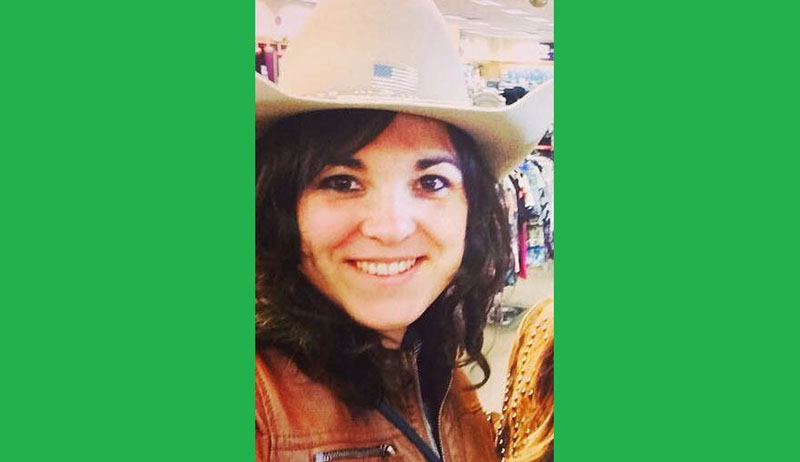Navarrese historian Amaia Iraizoz (Aritzu, 1987) will conduct her PhD research on the effects the return of the migrants that went to South and North America had in the pre-Spanish Civil War society, in the area of Erro (Navarre). “Most of the researches done so far focus on the effect of the migrants in their new homelands, there are not a lot of works like this one,” told EuskalKultura.com, from the University of Nevada-Reno, were she’s pursuing her degree.
Reno, NV, USA. Amaia Iraizoz (Aritzu, 1987) is familiar with the migration to America. And not just because she lives in the US but, also, because she is the fifth generation in her family fleeting westwards. “Some went to Argentina, some to Mexico,” said she. “Many came back, but some of them settled in their new countries.”
It’s been almost two years since, in August 2013, Iraizoz started her PhD degree, at the UNR. She has just finished the first two theoretical years and, the next course, she will begin with her research, with the aid of PhD Xabier Irujo and PhD Angel Garcia-Sanz Marcotegui.
“My family is an emigrant family, and I have always been atracted by the influential new ideas of those who came back from abroad. The impact is felt in all areas of society.” However, according to the historian, “there is still a lack of suck studies.” “There are some article published about this topic, but not many PhD dissertations.”
Not bad, not good
Iraizoz has made clear she is not interested in judging whether the impact of the return of these emigrants was good or bad, “I just want to investigate the effect of their return, and how this trans-nationality affected the Basque Country.” She also pointed out that not all of them returned with more money, even though “we always think of those who came back to their hometowns rich and full of success.” In fact, as she indicated, there were many who were unable to return because of lack of money.
In the late nineteenth century, Europe experienced a period of mass migration due to wars or economic instability. And, even if nowadays we live in a different era, the Navarrese scholar considers the cycle repeats. “Young people, nowadays, are very well educated, they are engineers or architects, they won’t work as sheepherders,” but, in her opinion, the rest remains the same: “Migrating is a big bet, you can either win or lose – It’s definitely easier to stay at home”
Iraizoz will spend the following academic year with field work in the Basque Country but, to finish the program, she will come back to Nevada after next summer. She is planning in defending her thesis in spring 2017, “in English, because here (at UNR) everything is in English,” and then she would like to see her work published in a journal.”






 Send to a friend
Send to a friend Add comment
Add comment








